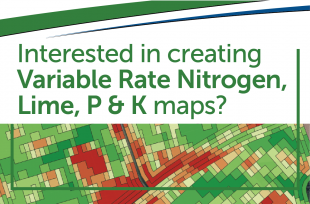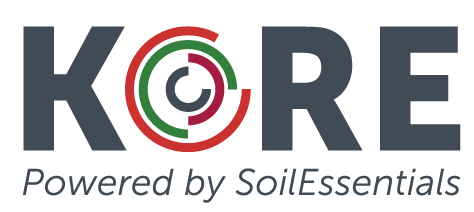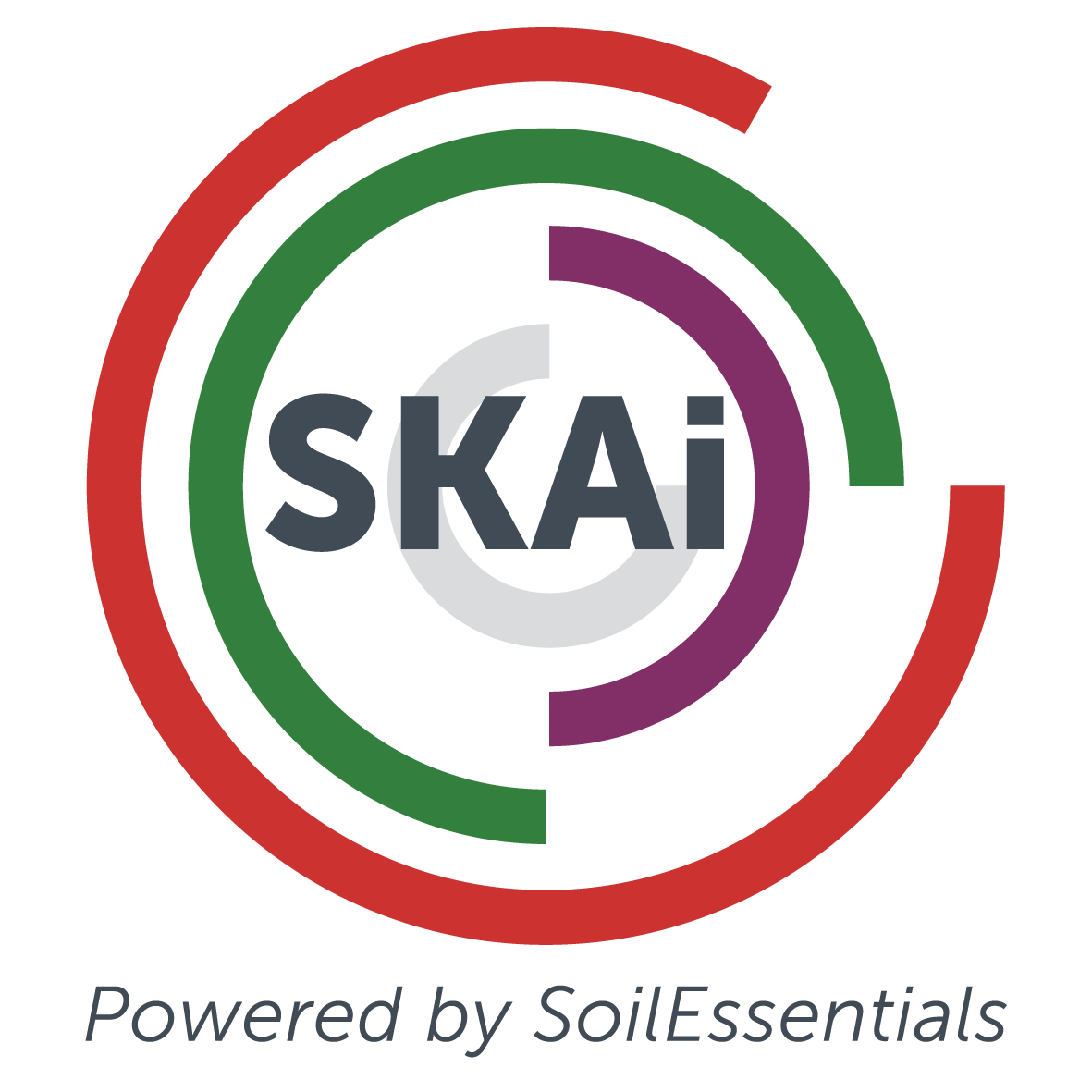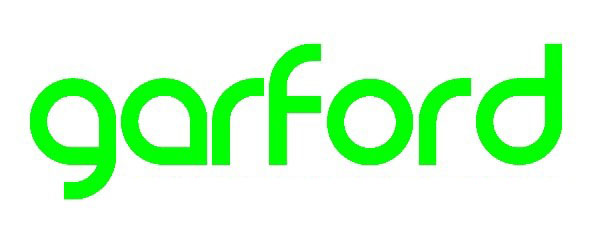Perhaps the most obvious example of the farming community and the public failing to see eye-to-eye is over the issue of Glyphosate and the recent discussion about banning it. There are many faults in this story. The farming community rightly insist that there is negligible evidence of harm and that the hatred of Glyphosate is considerably a political one and aimed at Monsanto. The fact that Glyphosate is available off-label and so the limited damage that would be caused to Monsanto is considered more proof of the ignorance of those attacking our use of Glyphosate. The consumers have a different view. Most of them don’t care and have a life to live, some of them get very animated and can get those that don’t care to sign a petition. Why should they have carcinogenic poisonous ‘iciness like Glyphosate applied to their food?
If the public are ignorant, then perhaps that is our fault. The argument that there is no evidence of harm will hardly persuade them because it is a matter of trust and benefit. They see no benefit in allowing Glyphosate to be sprayed all over their food and they do not trust big business to tell them the truth about the potential seen and unseen dangers of pesticides so they want to ban high profile ones.
Perhaps it is a matter of stewardship; the whole pre-harvest Glyphosate could be seen as an unnecessary use of agricultural pesticides. Millions of ha of crop that would ripen naturally are treated with Glyphosate to marginally improve harvest efficiency and make farmers lives easier. Here in Scotland where crops ripen late and drying grain is a considerable cost, this is of greater benefit than for most. If we lose or diminish this use of Glyphosate it would be of some concern but managing this use would alleviate the main fears of the group that are anti-Glyphosphate. Perhaps max doses could be reduced and harvest intervals could be increased. As an industry, has this almost blanket treatment of crops with Glyphosate been the best use of public trust?
The other use for Glyphosate, the cleaning up of stubble fields ready for min till or direct drilling is, on the other hand, vital for modern farming, the environment and of little concern to consumers. A total ban on Glyphosate would give rise to a massive increase in the use of the plough, and so the release of soil carbon, the burning of fossil fuels etc.
So we can be victims and claim that people just do not understand the science and try to protect Glyphosate for as long as we can. Or we can be leaders and address the consumer’s concern that perhaps too much of their food is being unnecessarily treated with agricultural chemicals too close to harvest. We can at the same time make the positive case for using modern farming tools like Glyphosate to protect the world’s soils, earthworms and carbon balance.
13 February 2018 Latest from the Directors

Featured Case Study
Angus Bryce, D Bryce & Sons
Find out more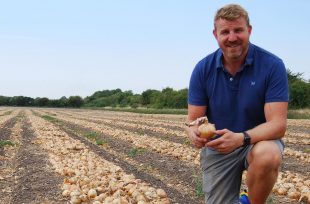
Featured Case Study
Tim Young, JS Young Farms
Find out moreSave on costs by targeting your inputs to soil types and conditions.
Use our precision farming platform, eligible under the new SFI scheme in England!
Find out moreUse KORE, our independent precision farming platform to improve your client management, increase efficiency and enhance your agronomy and soil sampling services.
For more information call the office on 01356 650459 (option 1) or Ed on 07425 338545.

For XCN, GFX, NAV 900 and other Trimble RTX displays
Renew your RTX subscription from £260pa*
Find out moreIf you're feeling the winter blues about your RangePoint RTX renewal, warm up with a new subscription from only £260 pa*
SoilEssentials are your longstanding, independent Trimble authorised dealer in Scotland and Northern UK.
To renew your RangePoint RTX subscription call the office on 01356 650459 (option 1), Rod on 07824 617153 or Bob on 07827 480056.
*Ts&Cs apply. Price applies to a 5-year upfront contract. Open to all RTX customers.


